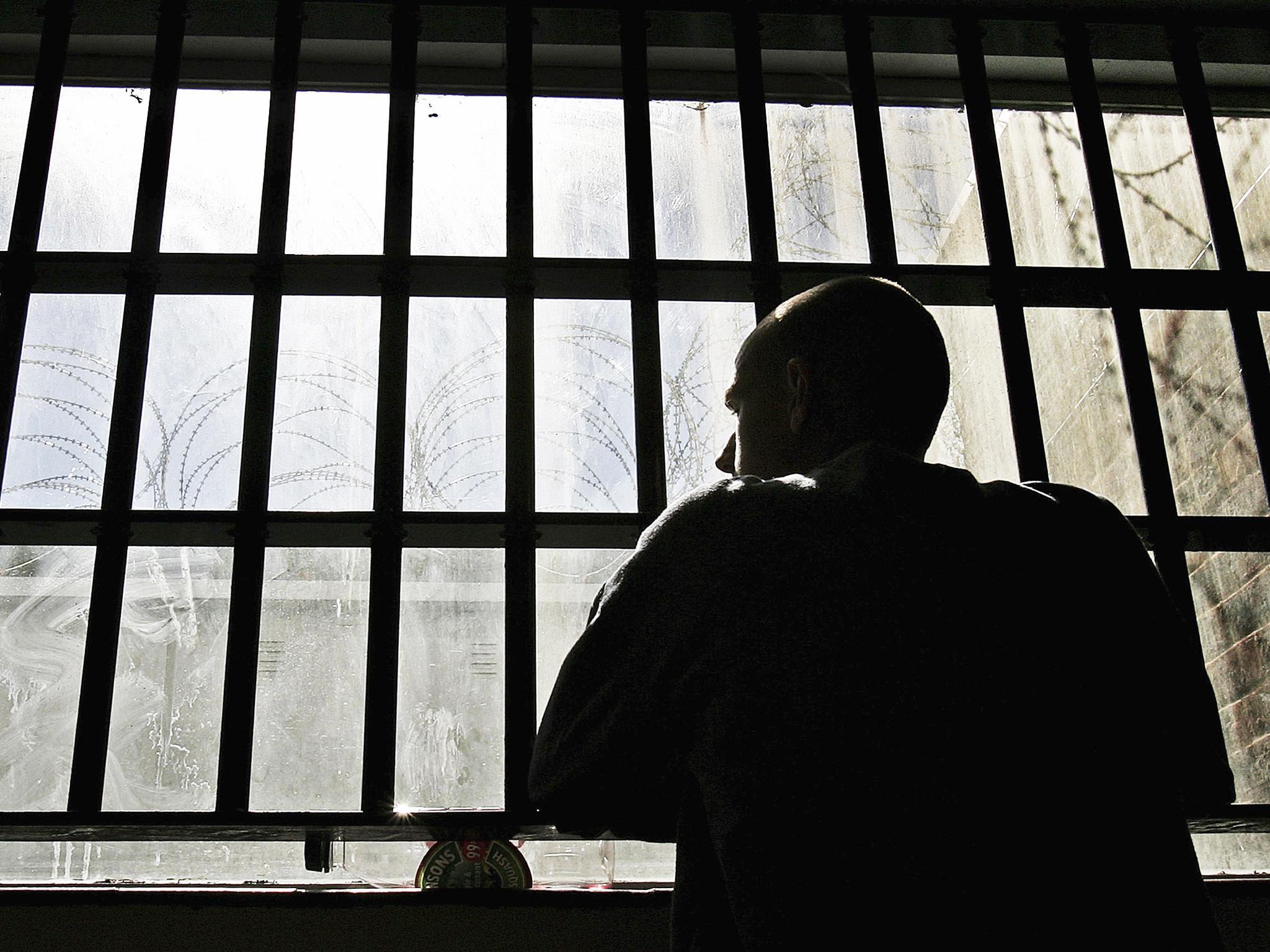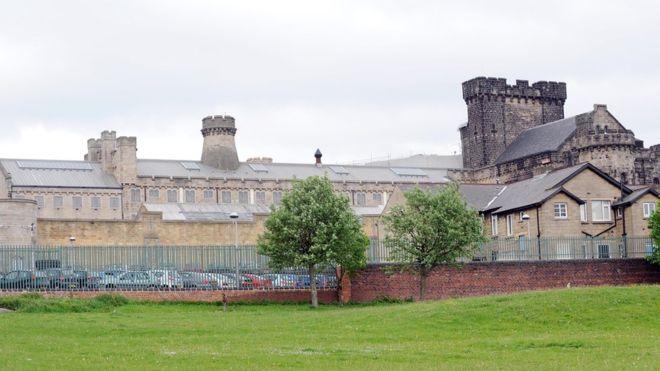Six prisoners kill themselves in less than two years at notorious UK jail amid 'severe overcrowding', watchdog finds
Campaigners say 'appalling' death toll in HMP Leeds a 'direct result' of severe overcrowding as inspectors reveal 1,127 men are held against certified normal capacity of 669

Your support helps us to tell the story
From reproductive rights to climate change to Big Tech, The Independent is on the ground when the story is developing. Whether it's investigating the financials of Elon Musk's pro-Trump PAC or producing our latest documentary, 'The A Word', which shines a light on the American women fighting for reproductive rights, we know how important it is to parse out the facts from the messaging.
At such a critical moment in US history, we need reporters on the ground. Your donation allows us to keep sending journalists to speak to both sides of the story.
The Independent is trusted by Americans across the entire political spectrum. And unlike many other quality news outlets, we choose not to lock Americans out of our reporting and analysis with paywalls. We believe quality journalism should be available to everyone, paid for by those who can afford it.
Your support makes all the difference.Six prisoners have killed themselves in less than two years at one of the country’s most notorious jails, as inspectors find inmates are plagued by deteriorating standards and “severe overcrowding”.
A damning report from HM Inspectorate of Prisons deemed HMP Leeds to be one of the most seriously overcrowded in England and Wales, holding 1,127 men against a certified normal capacity of 669, with 91 per cent of cells accommodating more inmates than they were designed for.
When inspectors visited the centre in November there had been four self-inflicted deaths since their last inspection in December 2015. Another suicide occurred during the inspection and a sixth took place a few days after, bringing the toll to six.
The report found that the West Yorkshire jail was unsafe, with levels of violence of all kinds “far too high” and several staff having been suspended or dismissed for misbehaviour when using force.
Inspectors said cells offered a decent separation of living area and toilet facilities, and although privacy screens had been provided for toilets in some cells, many prisoners had to use their sheets.
The report also stated that there was no system for checking how promptly cell bells were answered, with emergency bells – designed to alert prison staff in cases of a serious incident – remaining unanswered for up to 15 minutes, even though staff were in the vicinity.
Campaigners said the report was a “clear illustration of the dangers of prison overcrowding”, adding the deaths were a “direct result” of policy decisions to allow the number of people behind bars to grow while “starving prisons of resources”.
Figures seen by The Independent show that 32 people have died while being detained in HMP Leeds since 2012, of which 14 are confirmed to have been self-inflicted, with a number of them found to have been the result of failings by prison staff.
Among them was 37-year-old Chris Beardshaw, who died in December 2013, and whose inquest criticised the failure of HMP Leeds to protect those in its care, despite repeated recommendations and opportunities for learning.
In the case of another inmate, transgender woman Vikki Thompson, who died in November 2015 aged 21, the inquest jury found her treatment at the jail was inadequate and lacked professionalism.
Deborah Coles, director of Inquest, which supports families of people who die in custody, said of the latest report: “This is yet another critical report pointing to the abject failure of the Ministry of Justice to act on recommendations to improve safety.
“Ministers and prison officials must take responsibility for the appalling death toll and act now to reduce self-harm and excessive use of force against prisoners.”
Responding to the report, Andrew Neilson, director of campaigns at the Howard League for Penal Reform, said: “There is surely no clearer illustration of the dangers of prison overcrowding than this report on Leeds.
“It is almost impossible to comprehend the scale of the chaos in a jail where 91 per cent of cells are holding more people than they are designed to accommodate. This is the direct result of policy decisions to allow the number of people behind bars to grow unchecked while starving prisons of resources.
“A staff recruitment drive has begun, but almost half the staff in Leeds are very inexperienced – and they are being asked to do the impossible. It is no wonder that violence and drug use are rife.”

He added: “Most worrying of all is the tragic fact that, within the space of 23 months, six men in Leeds have lost their lives through suicide and a seventh has died in an apparent homicide. If this grim reality does not compel the Government to act, it is hard to imagine what would.”
Peter Dawson, director of the Prison Reform Trust, said: “There is a reason prisons like Leeds are consistently rated poor or not sufficiently good by inspectors – too many prisoners housed in overcrowded conditions overseen by too few staff.
“With nearly half of people in Leeds prison on remand or serving short sentences of less than six months, the time is right for a fundamental rethink of our use of short custodial sentences and proper investment in effective community alternatives.”
Michael Spurr, chief executive of HM Prison and Probation Service, said levels of violence, self-harm and drug-use at HMP Leeds were “too high”, but claimed “decisive action” was being taken to tackle the issues.
“A specialist intelligence unit has been set up and the prison is working with the police to target drug suppliers. Body-worn cameras are now in place to support staff in reducing violence and we have strengthened incident management and recording systems,” he said.
“The governor and staff at Leeds are committed to improving the performance of the prison and will use the recommendations in this report to drive progress over the coming months.”
Join our commenting forum
Join thought-provoking conversations, follow other Independent readers and see their replies
Comments